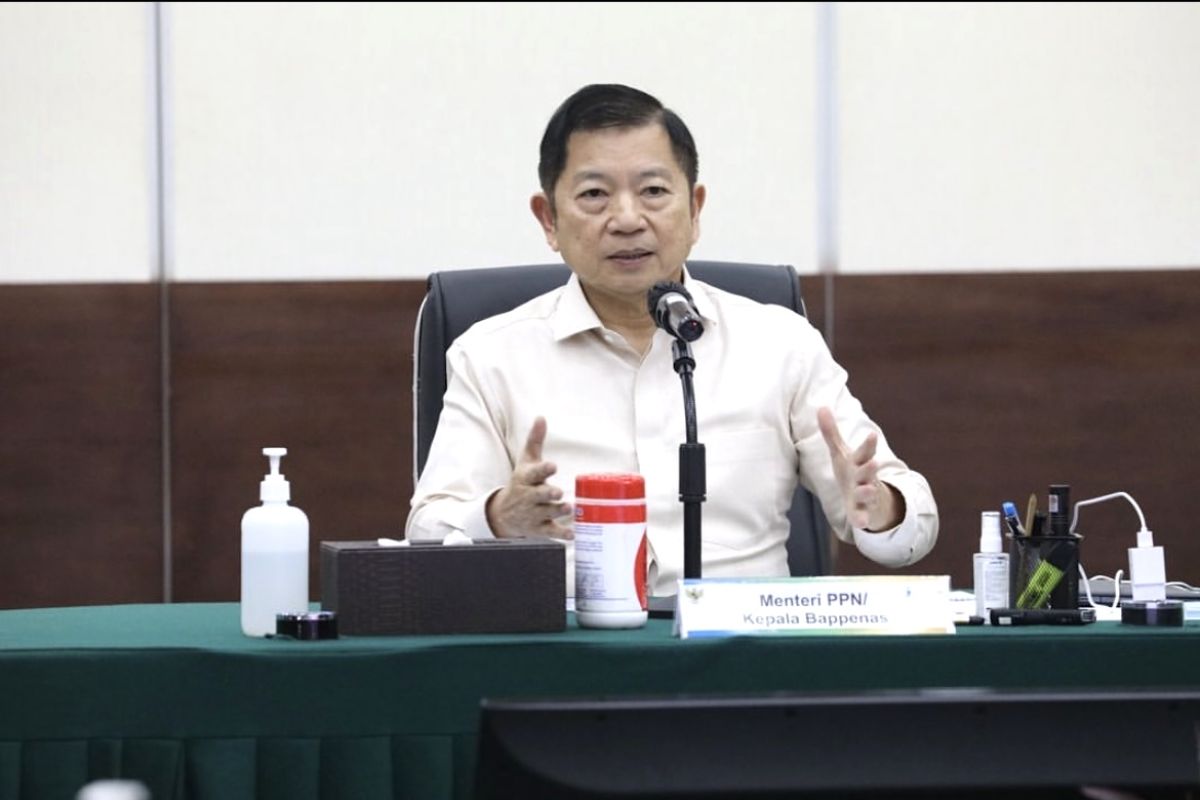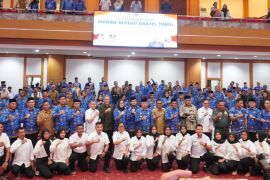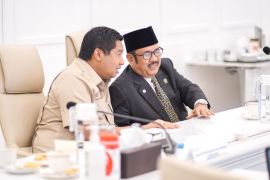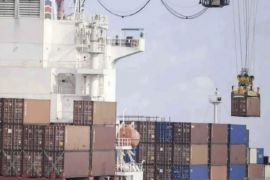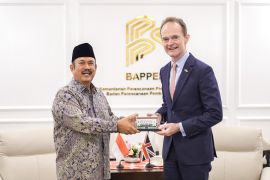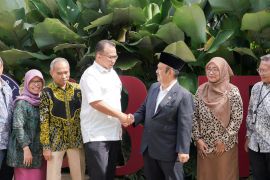"The vision in the RPJPN has five points because it follows the number of Pancasila principles. The draft (of the) RPJPN has eight development missions, 17 development directions, and 45 main development indicators," he noted here on Wednesday.
The minister explained that the numbers are based on the date of the 100th anniversary of Indonesia's independence on August 17, 2045.
Meanwhile, the vision of RPJPN for 2025-2045 is "to be a sovereign, developed, and sustainable archipelago state."
In addition, the vision states that Indonesia, as an archipelagic country, must utilize its potential for geopolitical, economic, defense, security, and cultural resilience or maritime civilization.
According to Monoarfa, a sovereign country has resilience, unity, independence, and security and to be advanced means to be empowered, modern, resilient, great in quality, innovative, and uphold justice.
"Meanwhile, sustainable means the economic, social, and environmental development is balanced," he remarked.
He also drew attention to five main targets of the 2025-2045 RPJPN. First, Indonesia's per capita income is targeted to be equivalent to that of developed countries.
The per capita income should reach US$23 thousand per capita or by the Gross National Income (GNP), with the maritime Gross Domestic Product (GDP) amounting to 17.5 percent in 2045.
The manufacturing sector's contribution to the GDP is targeted to reach 28 percent in 2045.
The second target is to bring down the poverty rate to zero percent, proven by reduced inequality, the poverty rate in the range of 0.5-0.8 percent, the Gini ratio at 0.250-0.300 points, and Eastern Indonesia regions' contribution to the Gross Regional Domestic Product (GRDP) at 26 percent.
The third target is international leadership and global influence, while the fourth target is increasing the nation's competitiveness, with the human capital index of 0.73 by 2045, and the fifth being the net-zero emissions, with an 89.5-percent drop in greenhouse gas emissions.
"(All the strategic objectives) are still in draft and have not yet reached the finalization stage. Therefore, there may still be some changes in the diction," Monoarfa stated.
Related news: Minister encourages development of inclusive, sustainable tourism
Related news: Incorporating Pancasila values in programs: Minister Rismaharini
Translator: M Alatas, Kenzu
Editor: Rahmad Nasution
Copyright © ANTARA 2023
